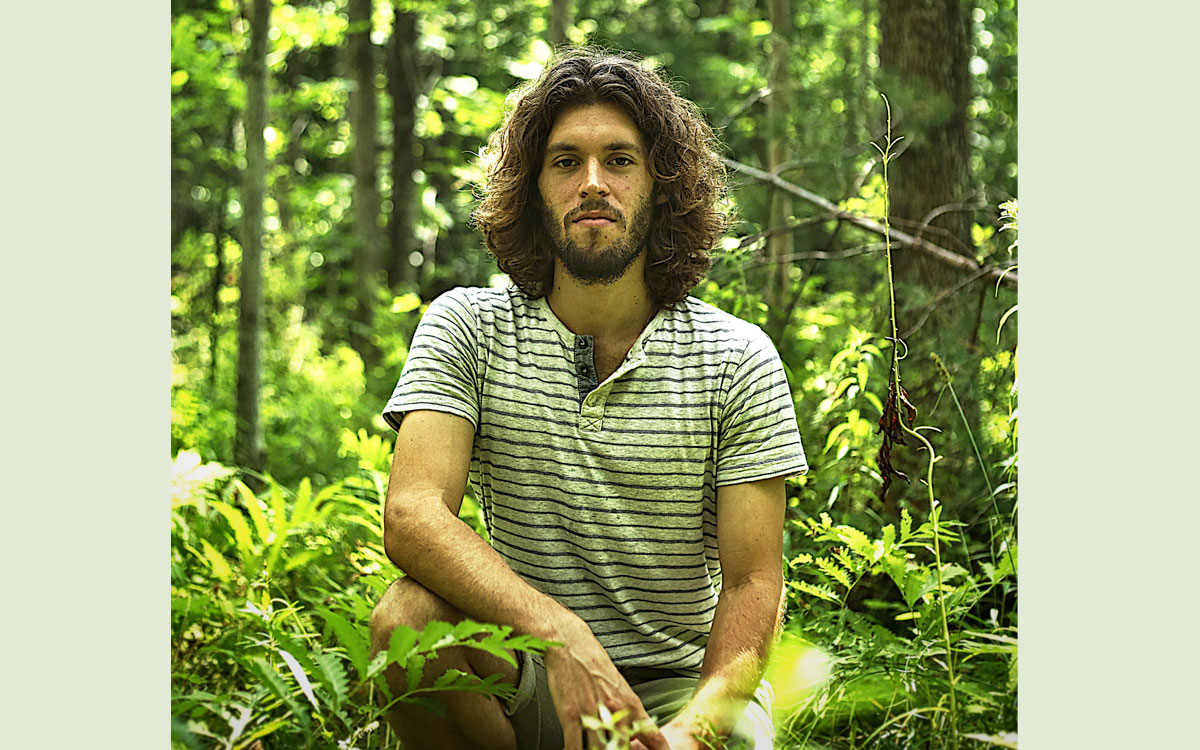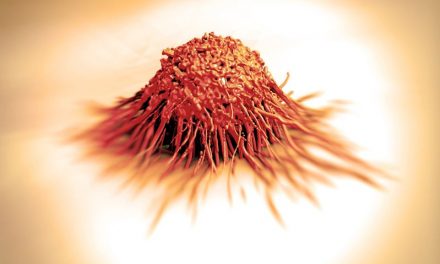(Editor’s note: It would be amazing if ALL students decided NOT to check their minds at the door of the university they enter after high school and instead- use the minds they were given to think for themselves. Well done, Robert. Read on.)
Robert Schooler was enrolled at Cornell when he began to understand just how deep the school was tied to the GMO debate. In fact, he found that as an institution they were, “complicit in a shocking amount of ecologically destructive, academically unethical, and scientifically deceitful behavior.” With perhaps the biggest example being Cornell’s deep ties to industrial GMO agriculture, and its affiliated corporations (you know, like Monsanto).
Robert describes himself as being passionate about science, with physics and mathematics at the forefront. So, during his sophomore year, when his AP physics teacher, Mr. Jones, convinced the students that their generation was crucial to repairing humanity’s relationship to science, and how they would play key roles in solving immense global issues like climate change- a spark in him ignited.
With his newfound excitement, he quickly transitioned to a plant-based diet which not only helped his depression but also led him to question agriculture as we know it now. He explains, “I became particularly interested in agroecology. I was astonished to learn that there existed alternatives to chemical-intensive, corporate-controlled models of agriculture and that they were far safer, more effective, and more sustainable. During my time away from Cornell, I participated in three unique seasons of agroecological crop production, with incredible results.”
After everything that he learned while he was away, he began to question if he could even go back. “I know many undergraduates fit right in with the university education model, and that’s fantastic. I certainly didn’t, and my mental and physical health began to suffer as a result. I was left with no choice but to take a leave of absence, and pursue another path.”
From his essay:
“It’s impossible to study and practice agroecology without becoming deeply aware of the other end of the spectrum: the genetic modification of our food supply, ruled by giant agribusiness corporations.
Currently, the vast majority of US commodity crops (corn, soy, alfalfa, sugar beet) are genetically engineered to either withstand Roundup herbicide or produce Bt toxin pesticide. These “technologies” are ecologically damaging and unsafe. The majority of these crops go to feed animals in factory farms. The remainder generally gets converted into corn syrup, white sugar, vegetable oil, or biofuels — you know, good stuff! This combined approach of growing GMO commodity monoculture crops, and feeding them to factory-farmed livestock, is one of the most ecologically destructive forces our planet has ever seen. It’s also a leading contributor to climate change. In fact, some experts believe it to be the leading cause.”
But return he did, in the fall of 2015. At that time he sat in on a course called “The GMO Debate” and to say he was expecting and looking forward to just that, would be an understatement. However, what he found was quite different. So much so that he was completely stunned.
There were four active professors for the course and several guest speakers. During each session, they took turns defending industrial agriculture and biotechnology but never once critically examined GMOs (kinda odd for a “debate” class). Here are a couple of memorable things he heard during the “class”:
- GMO food is necessary to feed the world
- Agricultural GMOs cause no harm
- Glyphosate is safer than coffee and table salt
- You cannot believe in science and not in GMO technology
- Current pesticides and herbicides DO NOT pose a risk to our ecology or to humans
- Bt is an organic pesticide, therefore Bt GMO crops are safe and pose no additional risk
- Bt crops work just fine but engineered insects are a complementary technology so that the Bt works better
- You shouldn’t be scared of GMO insects
- GMO crops are the most rigorously tested crops in the history of food
You can’t make this next bit up:
“During the semester, emails were released following a Freedom of Information Act request, showing that all four of the professors in the class, as well as several guest speakers, the head of Cornell’s pro-GMO group “Alliance for Science”, and the Dean of the College of Arts and Life Sciences were all copied in on emails with Monsanto. This was part of a much larger circle of academics promoting GMO crops on behalf of the biotech industry. Jonathan Latham PhD, virologist and editor of independentsciencenews.org, documented this in an article titled “The Puppetmasters of Academia”. I highly recommend giving it a read, for further context.
Perhaps saddest of all was the inclusion of several visiting African agriculture-academics in the course. They were brought here by the “Cornell Alliance for Science”. This organization was completely funded by a $5.6 million grant from the Bill and Melinda Gates Foundation and appears to espouse only pro-GMO rhetoric.
Instead of giving up and throwing in the towel, he decided to host an independent course on the current GMO paradigm- a kind of response to Cornell’s course. While it will be held on campus, it will be without influence from either Cornell or ANY biotech company. Starting on September 7th and running through November 16th, there will be a lecture every Wednesday evening. Not only will the lecture series be free and open to the Cornell community and public, but it will be published online at his project: gmowtf.com.
Here is a list of upcoming speakers:
- Frances Moore Lappé, of “Diet for a Small Planet” and “World Hunger: 10 Myths”. She will be speaking on how GMO agriculture is unnecessary to end world hunger.
- Steven Druker, is a public interest attorney and author of the powerful book “Altered Genes, Twisted Truth: How the Venture to Genetically Engineer Our Food Has Subverted Science, Corrupted Government, and Systematically Deceived the Public”. He will be giving two lectures that elaborate on the themes in the book’s subtitle and demonstrate that the GMO venture has been chronically and crucially dependent on deception, and could not survive without it.
- Jonathan Latham PhD, will give two lectures on the dangers of Roundup Ready and Bt crops. He will also be participating in our special October 5 debate, representing the anti-GMO panel, alongside Michael Hansen PhD, a senior scientist for the Consumers Union. Jonathan hasdirect experience genetically modifying organisms, so his expertise is guaranteed.
- Allison Wilson PhD, a geneticist and editor/science director of the Bioscience Resource Project. Her lecture will discuss how GMOs are actually created.
- Belinda Martineau PhD, author of“ First Fruit: The Creation of the Flavr Savr Tomato and the Birth of Biotech Foods”, and a geneticist who was on the team of genetic engineers that created the first commercial GM food crop, the Flavr Savr Tomato. Her lecture will be a historical and personal account of the science, regulation, and commercialization of genetically engineered foods, effectively giving context for today’s GMO paradigm.
- T. Colin Campbell, he will address academic freedom and scientific integrity.
But he’s not stopping there, he’s also launched an initiative to raise at least $5.6 million dollars- the same amount The Gates Foundation gave Cornell, in order to push their pro-GMO stance. If they are able to raise the money, they plan to use it to sponsor more appropriate forms of agriculture, educational outreach, and activism. For more information, you can visit gmowtf.com.
Sadly, many universities have become extensions of corporations at the cost of our health and planet. And Monsanto is just one corporation to buy their way into what used to be institutions of higher learning. Again, well done Robert. We can’t wait to see how your course turns out and who shows up to learn. But, brace yourself- and be careful- you might find that standing up to the system brings unwanted attention.
Source: Independent Science News












